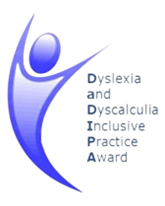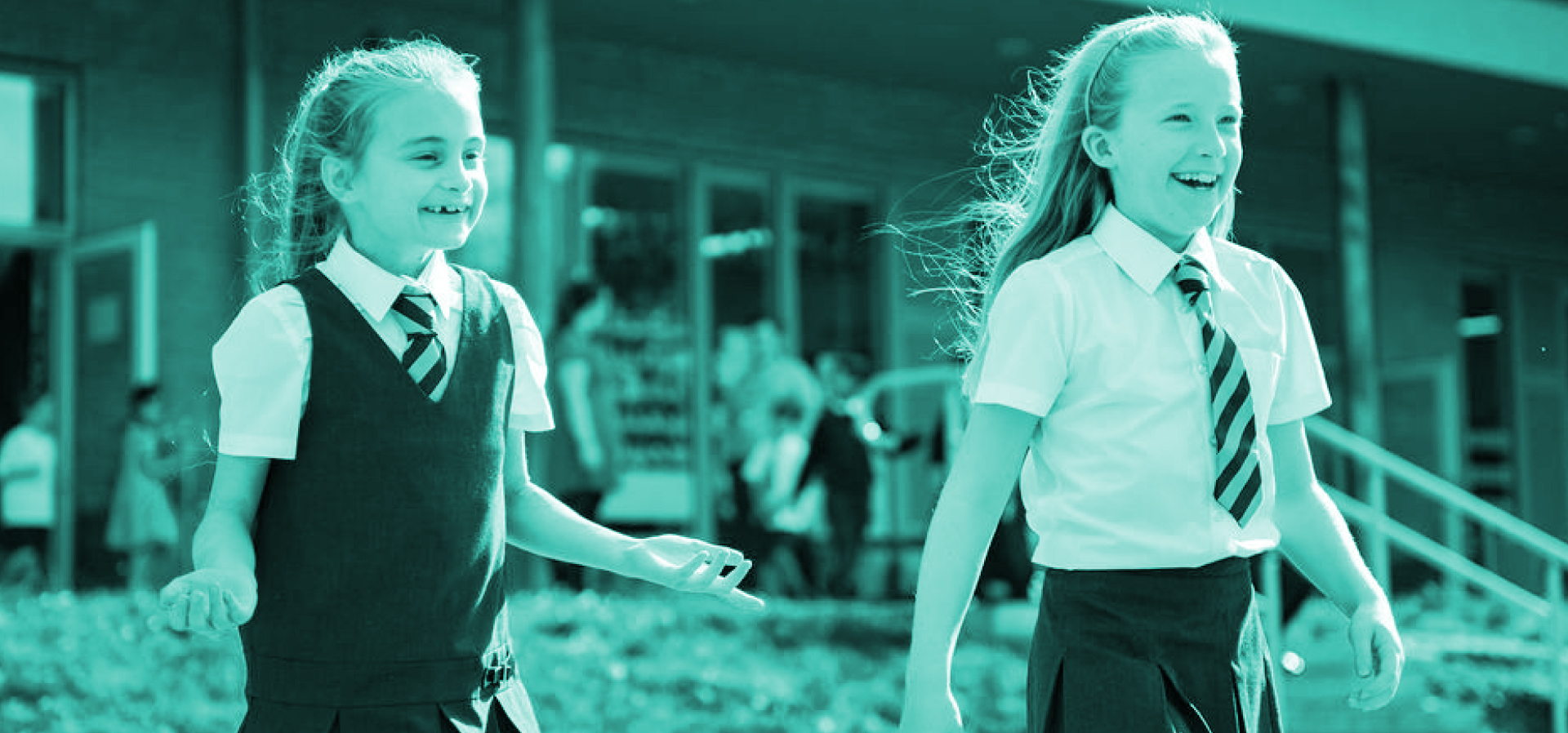
Early Years
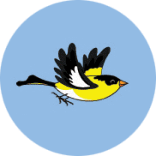
Key Stage
Early Years Foundation Stage EYFS
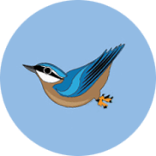
Classes
Buttercup & Daisy
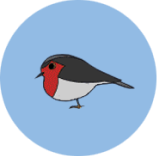
Teachers
Bethan Thomson and Michelle Evans

Our Curriculum
The EYFS curriculum is based on the following areas:
Prime areas
- Communication and Language
- Physical Development
- Personal, Social and Emotional Development
Specific areas
- Literacy
- Mathematics
- Understanding the World
- Expressive Art and Design
Important Information
Parent letters:
Curriculum Overview:
How Can I Support My Child’s Learning and Development:
Personal, Social and Emotional Development (PSED)
- Try new activities and experiences and give your child plenty of opportunities to play with other children.
- Play games that encourage sharing and taking turns.
- Encourage your child to decide and collect what they need for a game or activity rather than providing everything for them.
Physical Development (PD)
- Allow plenty of opportunities to practise using scissors.
- To build up finger strength and dexterity, children need to play regularly with Lego, play-dough, beads and threading as well as drawing and colouring.
- Plenty of outside play such as visits to parks to allow climbing, skipping, jumping and ball games.
- Talk to your child about healthy life choices such as diet and exercise.
Communication and Language (C&L)
- Make eye contact with your child when you talk to him/her.
- Try to find a quiet time of day to talk to your child when neither you nor they are distracted.
- Give your child simple instructions to follow and ask questions to ensure understanding.
Reading (Literacy)
- Read to and read with your child.
- Talk about stories, characters, predict what might happen next and ask your child to retell the story.
- Join the library.
- Look out for words and signs when you are out and about (eg. Stop, Boots, Tesco)
Writing (Literacy)
- Allow your child to help you with simple writing tasks such as birthday cards, shopping lists, emails.
- Provide plenty of writing opportunities and praise any attempts your child makes to write (even if neither of you can read it!)
Maths
- Count everything! (Steps, stairs, buttons, railings, cars – you get the idea!)
- Play with coins and allow your child to pay for small items in shops.
- Look at clocks and talk about time (morning, afternoon, hour, minute).
- Spot shapes and patterns.
- Cook with your child. This incorporates reading numbers, weights and measures, temperature, time.
Understanding the World (UTW)
- Talk about special times and events with family and friends. What traditions do you have?
- Talk about events in the past, present and future to help your child understand the passing of time.
- Discuss plants and animals in your local environment.
- Allow your child to play with a range of technological toys.
Expressive Arts and Design (EAD)
- Share songs and nursery rhymes with your child.
- Allow your child to enjoy construction toys and junk modelling.
- Provide opportunities for a variety of dressing up and role play games.
- Encourage your child’s interest in music and dance.




